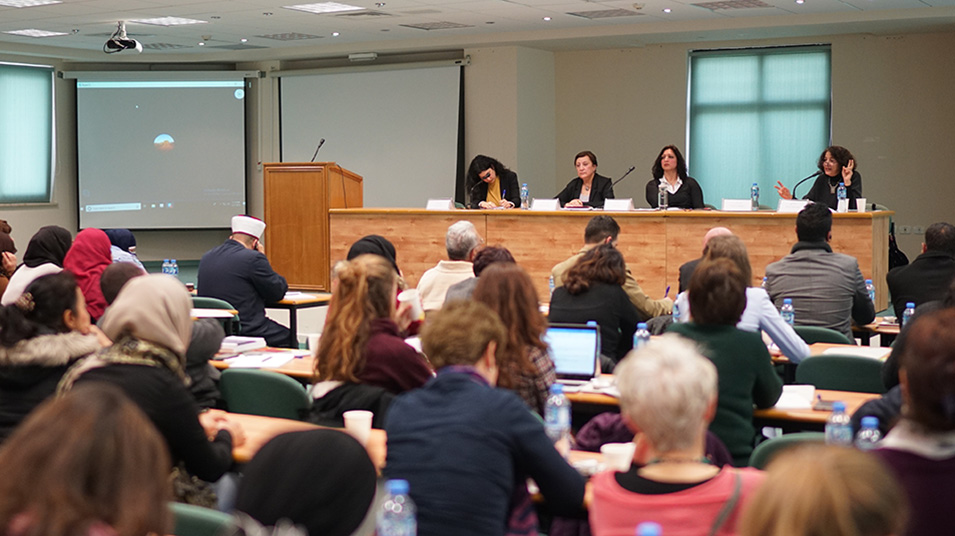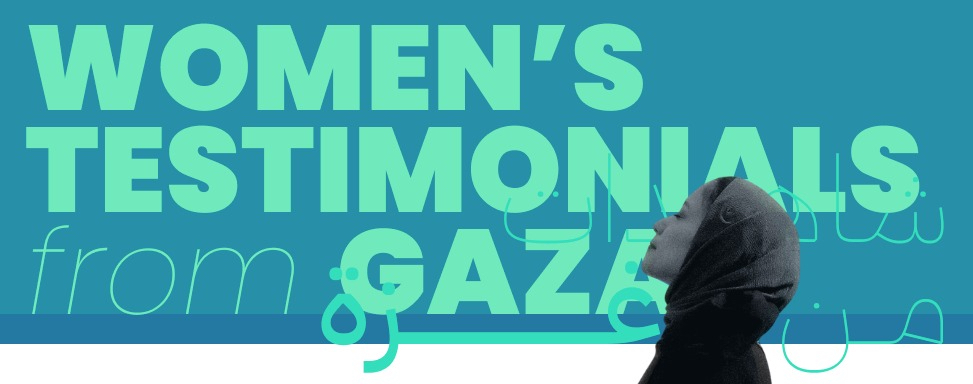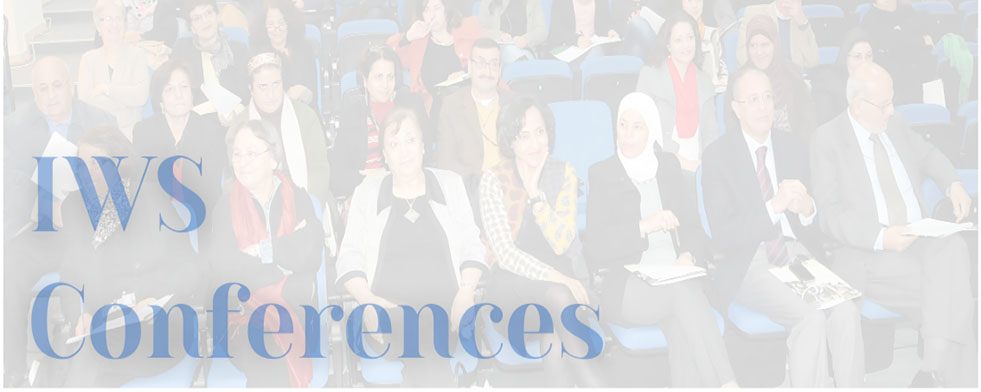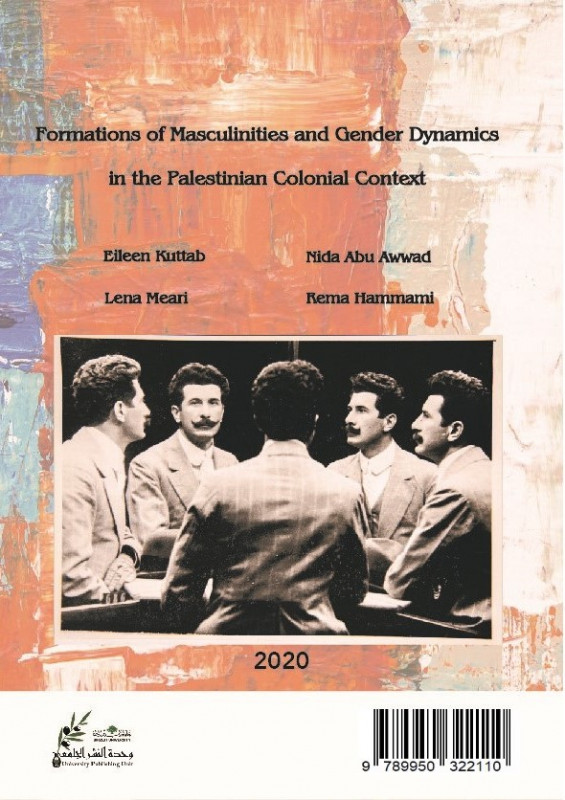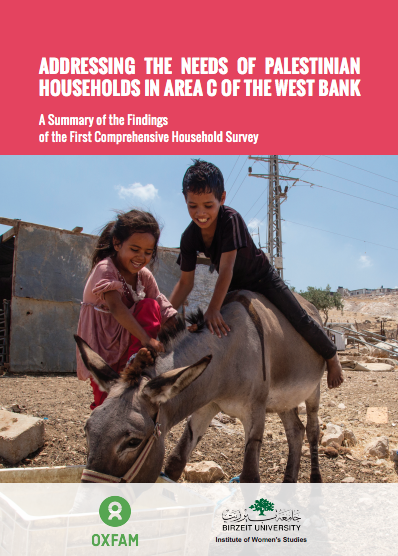The Institute of Women’s Studies, in partnership with the Ministry of Women's Affairs and the United Nations Entity for Gender Equality and the Empowerment of Women (UN Women), organized a two-day conference titled “Gender in Palestine: Approaches to Policies and Practice,” held on 27 and 28 March 2019. The conference focused on the current policies and institutional strategies related to gender issues in order to review the analytical frameworks, concepts, and methodologies adopted by governmental and nongovernmental actors as well as funding institutions active in the gender and development field. Sessions of the conference questioned whether these policies and practices of gender and development are applicable in the battle of Palestinians' steadfastness in the midst of Israeli occupation violations, and their efforts to achieve social justice and gender equality.
In his welcoming remarks, Vice President for Academic Affairs at Birzeit University Dr. Henry Jaqaman emphasized the need to “engender development strategies to achieve social justice, gender equity and strengthen all Palestinians steadfastness." He expressed the University’s belief in the importance of advocating for women’s rights and gender justice in Palestine. "This is directly linked to empowering Palestinian society’s steadfastness in confronting the Israeli occupation."
The Minister of Women’s Affairs Haifa Al-Agha, speaking from Gaza via video conference due to the Israeli blockade, noted the main goal of the conference to analyze the policies related to gender, and to highlight the effectiveness of the implemented policies in Palestine and their ability to promote equality and social justice between men and women. Al-Agha noted, “The conference derives its significance from the researchers and speakers’ contributions in identifying the different and current gender actions implemented in Palestine. All contributions explore the methodologies used in Palestine and are compared with the experiences of other countries that have similar contexts.”
The Special Representative of UN Women in Palestine Ms. Maryse Guimond outlined the agency’s programs and initiatives to promote gender equity in Palestine, emphasizing the importance of cooperation among all sectors and agencies to implement strategies and programs that can bridge gender gaps in the Palestinian society. The Senior Programme Manager of the Spanish Agency for International Development Cooperation Mr. Jordi Lopez emphasized the their support for Palestinians and expressed his pride in Palestinians achievements that have taken a more gender-sensitive approach in addressing gender issues after ratifying the Convention on the Elimination of All Forms of Discrimination against Women (CEDAW) in 2014.
The Director of the Institute of Women’s Studies at Birzeit University Dr. Lena Meari paid tribute to Palestinian political prisoners in Israeli prisons. “Palestinian prisoners are currently under the Israeli prison authorities’ brutal attacks, but still, they are confronting it with dignity.” Dr. Meari addressed men and women in Gaza, "who are living under siege, and under the continuous aggression of the barbaric Zionist bombardment, but with tireless determination to fight and resist, and with a strong belief that Palestinian’s victory and right to return are inevitable." Dr. Meari saluted Palestinian women who are steadfast in their homeland and are seeking to provide decent lives for themselves and their families despite all forms of colonial, economic and social oppression that they face."
Dr. Meari explained the objectives of the conference and themes of the sessions, pointing out that “the research and studies carried out by the Institute of Women’s Studies in the last decade prove that there is an increasing gap between men and women’s rights and inequalities in the socio-economic status of Palestinians, due to colonial and systematic policies of the Israeli occupation, as well as the neoliberal economic policies implemented after the signing of the Oslo Accords. This led to the weakening of the social fabric,” she continued, “making Palestinians in general, and Palestinian women in particular, more vulnerable and geographically, economically and socially trapped. The economic and social structures affected formal and informal support networks, weakening solidarity values and created fragmentation between community members. These have all led to weakening and overlooking women’s voices and their agency, especially poor women."
The first day of the conference presented three sessions. The first session, chaired by Dr. Islah Jad, featured Emeritus Professor of Development Studies at the School of Oriental and African Studies, University of London Deniz Kandiyoti, who was the conference’s guest speaker. Dr. Kandiyoti tackled the broad concept of empowerment and its genealogy in the international context as “it has radical roots in the civil rights and feminist movements of the 1960’s and 70’s" until its global appropriation by the development industry. Dr. Kandiyoti addressed the link between empowerment and patriarchy as she questioned the position of patriarchy as a concept “which is so often evoked as the root cause of women’s disempowerment”. Dr. Kandiyoti emphasized the collateral relation between gender equity and social equity and made it clear that the “gender equality platform today, in the world, as in Palestine, means that in order to take on participation, human rights and democracy, you need to address the question of gender justice and equality.”
The second session “Gender and Development in the Palestinian Context,” chaired by Samar Kassis and commented on by Dr. Linda Tabar, included papers on: “The Problems of International Frameworks affecting the Issue of Gender Based Violence in Palestine,” presented by Dr. Rema Hammami; “Prospects and Obstacles to Achieving a Developmental Paradigm for Steadfastness and Liberation in the Palestinian Context,” presented by Eileen Kuttab; and “The Ongoing War against Gaza and its Impact on Household Dynamics,” presented by Hala Al-Zibdeh from the Ministry of Women’s Affairs.
The third session “Economic Dependency and its Impact on Formations of Gender,” chaired by Dr. Rania Jawad and commented on by Rula Abu Duhou, included papers on: “Problems of the Dependency of the Palestinian Economy and its Impact on Women,” presented by Dr. Samia Al-Botmeh; “Export Agriculture in the Jordan Valley (Al-Aghwar) and its Impact on Working Women,” by presented by Iman Assaf; and “Prospects and Possibilities of Resisting Economic Dependency within Informal Labour,” presented by Dr. Nida Abu Awwad.
During the second day, the conference presented three sessions. The first session “Strategies and Policies: An Overview and Analysis,” chaired by the Director General of Policy Unit at the Office of the Prime Minister Mahmoud Ataya, and was commented on by the Director General at the Women's Affairs Technical Committee Soraida Hussein, included papers on: “The Development of Gender Plans and Policies in Palestine on the Governmental level,” presented by Sami Sehweil from the Ministry of Women's Affairs; “Women’s Movement and Women’s Rights Declaration: a Critical Review,” presented by Amal Khreisheh, the Director of the Palestinian Working Women Society for Development; “The Analysis of Gender Equality Policies and Women’s Empowerment,” presented by Basma Abu Aker; and “The Political Framework and Models of Gender Policies Applied in the Palestinian Context (Gaza and West Bank),” presented by Dr. Islah Jad.
The second session “Strategies and Work Mechanisms,” chaired by Samar Kassis and commented on by Dr. Ghada Al-Madbouh, included papers on: “The Relevance of Global Women’s Rights Discourse to the reality of Palestinian Women: a Critical Reading of CEDAW and UNSCR 1325,” by Rema Nazzal; “Mechanisms and Procedures Implemented by the Ministry of Women’s Affairs to Combat Violence against Women,” by Ilham Sami from the Ministry of Women's Affairs; “The Work of National Committees - Legislations Harmonization Committee as a Model” by Suha Elayyan, a legal counselor and the Head of Gender Unit in the Ministry of Justice; and “Legal Reforms for Gender Equality - Obstacles to Legislation Reform from a Gender Perspective” by Reem Al-Botmeh.
The final session, chaired by Dr. Amira Silmi, was a discussion session on the Palestinian women’s movement’s approaches to women’s issues in the Palestinian context. Speakers included Mona Al-Khalili from the General Union of Palestinian Women, representatives from different women’s committees and organizations, including Siham Al-Barghouthi, Khitam Saafin, Khawla Al-Azraq, Magida Al-Masri, and Randa Siniora. Dr. Silmi asked the speakers about the Palestinian feminist movement and its ability to embrace all women in addition to the issues that are considered a priority in the agendas and frameworks of Palestinian organizations, and to what extent does fundings and external donations affect the way these organizations set their priorities and address gender issues in line with the Palestinian context and Palestinians' needs. This was followed by a panel discussion where speakers made a number of recommendations on the importance of developing trajectories that merge theory and practice of gender studies in Palestine.
You can view the conference’s full sessions here:
For the first day: https://tinyurl.com/3r4vjuvj
For the second day: https://tinyurl.com/3w4cf27s

